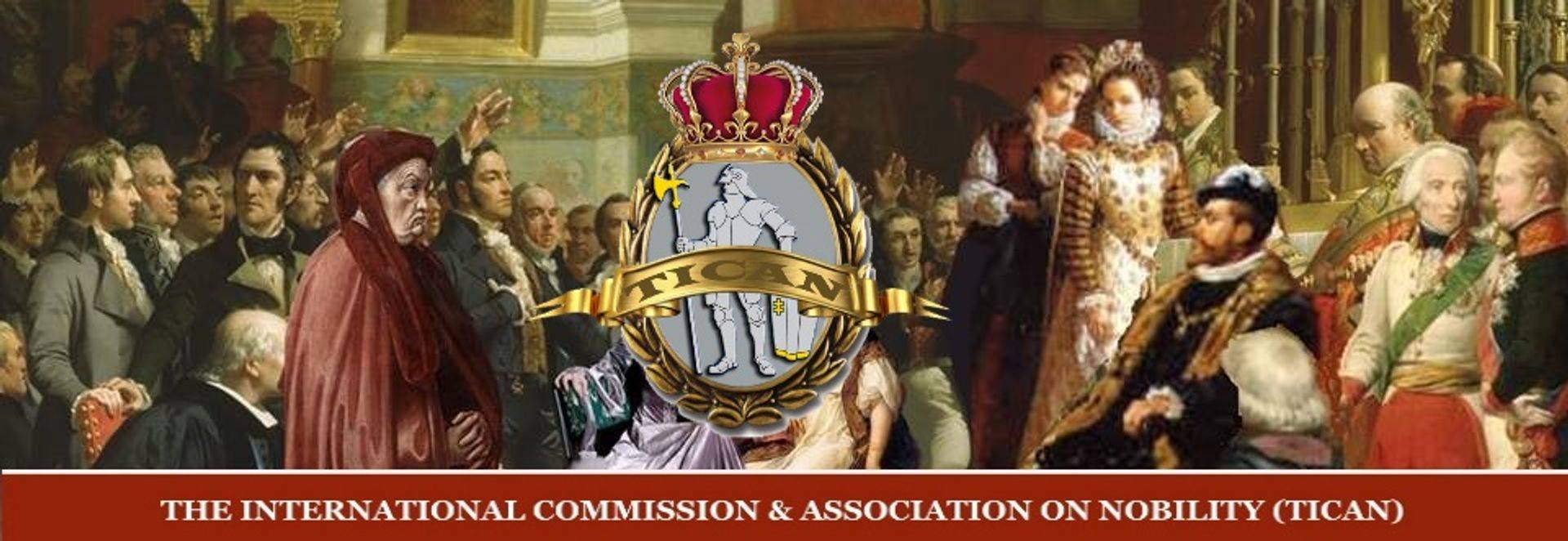
Title

|  Letter of acceptance HRH Nugzar Bagration-Gruzinski | |
|
| | |
His Majesty passed away Sunday October 16, 2016
| THE ROYAL HOUSE OF RWANDA  HM King Kigeli V |

Georgia is one of the oldest countries in the world. Its statehood counts 3000 years. Georgia has a monarchic tradition that traces its origins to the Hellenistic period. The Georgians knew the ancient Greeks and the Hittites; the Medes and the Persians; the Celts; the ancient Cimmerians and the Assyrians. They witnessed the invading armies of Alexander the Great and Caesar’s Roman Empire. History tells us that the Georgians, although separated from Europe, they also took up arms for the Crusades, called on Latin Christendom to rescue Jerusalem and the Holy Land.
The medieval Kingdom of Georgia ruled by the Bagrationi dynasty has left behind a legacy that lasts in Georgia even in modern times. The qualities and symbols associated with the Bagrationi monarchy have been crucial in the making of the Georgian nation and the subsequent construction of national history.
The
nation of Georgia was first unified as a kingdom under the Bagrationi dynasty
in the 9th to 10th century, arising from a number of predecessor states of
ancient Colchis and Iberia. The kingdom of Georgia flourished during the 10th
to 12th centuries, and fell to the Mongol invasions of Georgia and Armenia by
1243, and after a brief reunion under Giorgi V of Georgia to the Timurid
Empire.
By 1490, Georgia was fragmented into a number of petty kingdoms and principalities, but after the rule of the father and son, Kings Teimuraz II and Erekle II Georgia started to strengthen. Under the King Erekle II (above picture) in 1763 two separated kingdoms of Kartli and Kakheti had been united.
Later in 1790 under the same King Erekle was signed a treaty named treaty of Iverians (Georgians). Important is that by this treaty king of Imereti and all the rest heads of the principalities recognized King Erekle II as sovereign over them. The term “Caucasian Iberia” (or Eastern Iberia) is used to distinguish it from the Iberian Peninsula, where the present day states of Spain, Andorra and Portugal are located. The Caucasian Iberians provided a basis for later Georgian statehood and formed a core of the present day Georgian people (or Kartvelians).
HRH Crown Prince Nugzar Bagrationi-Gruzinski is the rightful lineal successor of the last kings of united Georgia, the rightful successor of the last kings of the kingdom of Kartli-Kakheti, and the senior descendant by primogeniture in the male line of Giorgi XII. The next in the Line of Succession to the Throne is his daughter, HRH Princes Anna.
Since his accession as Head of the Royal House, he has dedicated to the Promotion, Study and Restoration of the true historical heritages of Georgia, like the Monarchy and the Religion and seeks to enjoy the honor and privilege of having additional Royal families list their Honours and extend their Patronage to the Royal House of Georgia.
His Royal Highness Crown Prince Nugzar and the members of the Royal Family encourage private and public initiatives that help bring about social improvements. Prince Nugzar is assisted by a group of close advisers who together form the Royal Household and who enable him to accomplish all aspects of his official function as Head of State.
Prince Nugzar Bagrationi-Gruzinski is the Grand Master of The Order of the Crown of the Georgian Kingdom, The Royal Order of King Davit and The Royal Order of King Erekle II.
The Prince, regardless of the requirement of his business, devotes an extent of his time to the support of a number of non-profit charities organizations.
“Throughout the long years of war and turmoil, Georgia as a country has not only survived and retained a strong European cultural zest, nonetheless its people have demonstrated their strength of will and independence in keeping their country and culture intact and undeniably unique.
The Royal House, in the irrevocable service of Georgian society and the country in the framework of monarchy, corroborate its pledge to Georgia, to the defense of its democracy, law, its unity and its diversity”.
Nugzar













